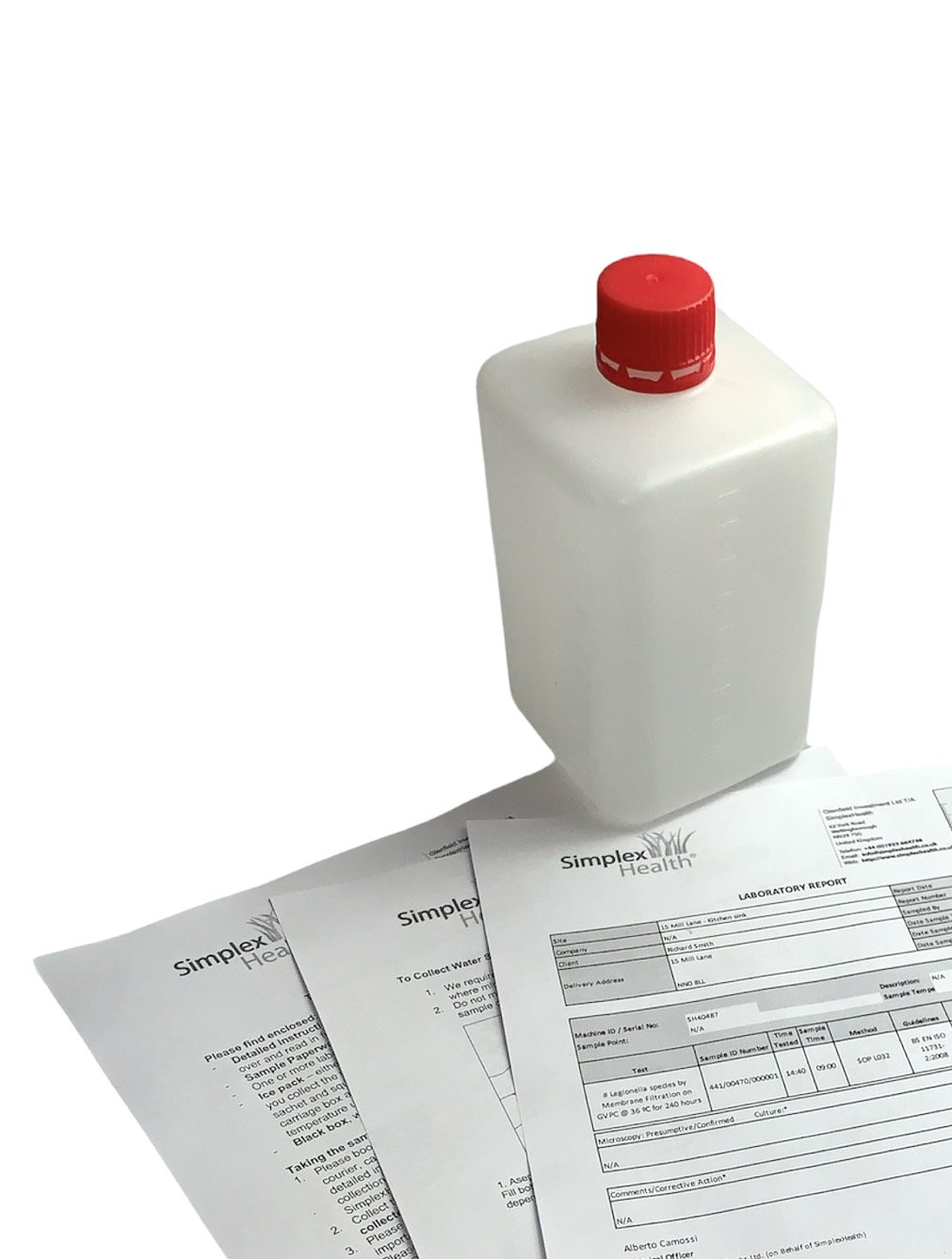Testing Water after heavy rain and flooding for harmful bacteria
Flood events have increased in frequency and ferocity which increases the risk of harmful bacteria contaminating water. During a flood sewage systems may become inundated and some organisms might end up in the flood water. Many organisms which originate from (human or animal) faeces can survive for long periods in untreated water. Flood water contaminated with raw sewage can pose a health risk if ingested or in contact with an open wound. Don’t consume untreated water and avoid getting in contact with flood water, this also applies to pets. Don’t allow children to play in flood water. When contact with flood water cannot be avoided, wear protective clothing (like rubber gloves, goggles) and wash hands frequently.
Heavy rain and flooding can cause surface water to enter private water supplies like wells and boreholes and cause contamination with harmful bacteria. Do not consume water from a well which has been flooded.
Houses, buildings and gardens, specially food premises and caterers which have been in contact with flood water should be thoroughly cleaned and potentially tested for bacterial contamination.
Bacterial contamination often cannot be detected using smell or sight, therefore testing the water is the best way to ensure it is safe. Although infection problems from flood water in the UK are rare, microbiological testing can present important findings.
It is recommended to test the water once the flood levels have receded and to repeat the tests 14 to 30 days later to ensure the water is still safe.
Type of bacteria which can be tested for in flood water:
- Coliform bacteria & E.coli – coliform are a group of bacteria which can get in your water from flood water, E.coli is a type of coliform bacteria of faecal origin – both not be present in drinking water.
- Intestinal Streptococci – an additional indicator of faecal contamination in addition to E.coli
 Test water for Coliform/ E.coli & Intestinal Streptococci Sewage Water (Laboratory Test)
Test water for Coliform/ E.coli & Intestinal Streptococci Sewage Water (Laboratory Test)
Flood water may also contain spilled chemicals and other toxins, such as oil, fertiliser, pesticides, heavy metals (lead and mercury are two heavy metals often found in flood water). For our full range of laboratory tests, click here.
Disclaimer: All guidelines and recommendations accurate at time of publishing. Please check current regional / local guidelines relevant to your situation. We can not be held responsible for any information published on this webpage. Only opinions based upon our own personal experience or information available in the public domain is cited. This has been done exclusively for anyone who is interested in this subject but is not intended to replace proper research & analysis. We cannot accept responsibility and liability of any kind which may result from the application of this information. We always recommend to consult an expert to discuss any test results or get a full recommendation on the specific subject and specific to your situation by an expert. We also recommend to check if there is any newer or later information on this subject.
This information is owned by SimplexHealth and you do NOT have the right to reprint, sell, auction or distribute this information.
